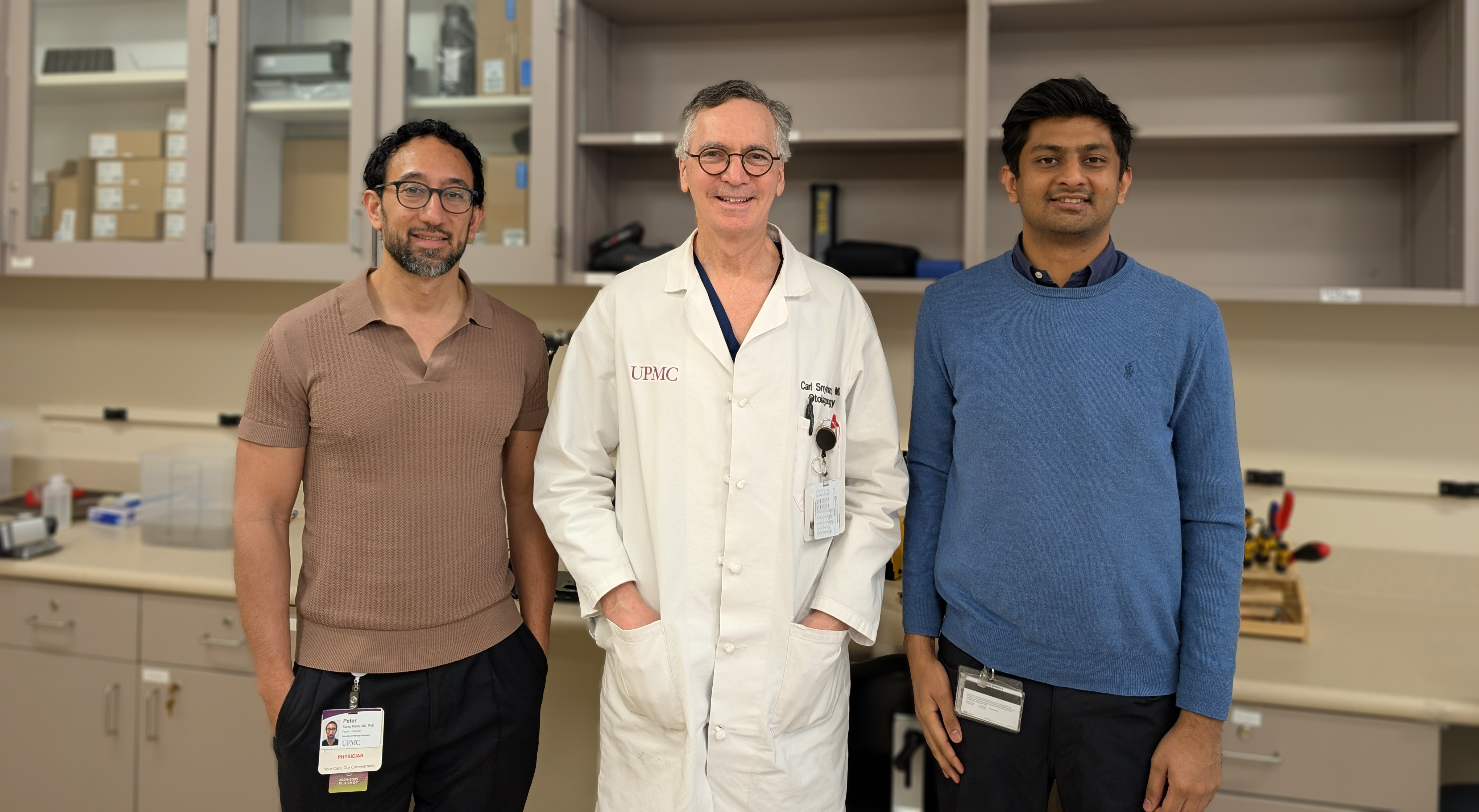Pittsburgh CREATES is committed to addressing unmet needs in healthcare innovation by focusing on understanding the problems that need solving. One of the core principles of the organization is conducting thorough user research to gain diverse perspectives on these challenges, ensuring that any innovation is truly impactful. Whether someone comes in with a specific idea or is looking to become an innovator without a clear concept yet, Pittsburgh CREATES guides them through a needs-based process that centers on the problem, the target population, and the measurable outcomes.
A key part of this approach is creating a “need statement,” which clearly defines the problem, specifies the population it affects, and establishes the criteria for success. This might mean addressing a specific disease or condition in a particular demographic, such as children, women, or individuals that are specifically affected by the issue. For example, if tackling cancer, the question isn’t just about treating the cancer but also about improving quality of life or enhancing diagnostics, not just tackling how to cure the disease. By focusing on one aspect of a problem and understanding which population it affects, Pittsburgh CREATES ensures the solution is both meaningful and measurable.
The process isn’t just about finding the right solution but ensuring that the problem is understood deeply before any prototyping takes place. This requires continuous refinement. As an example, if a physician comes to Pittsburgh CREATES, despite having an initial idea, continues to meet with Pittsburgh CREATES multiple times without discussing their concept directly, they are revisiting the problem from all angles. This approach focused on “needs finding,” is imperative and distinguishes Pittsburgh CREATES from other innovation hubs in the area.
COLLABORATION

Pittsburgh CREATES is co-directed by Peter Santa Maria, MD, PhD, and Carl Snyderman, MD, MBA. Mohit Singhala, PhD, is the lead engineer. Dr. Singhala has a Masters from the Johns Hopkins Center for Bioengineering Innovation and Design (CBID). Both Dr. Santa Maria and Dr. Singhala have gone through Biodesign training at Stanford. Stanford Biodesign is the origin for the needs-based approach to innovation in Medtech. Pittsburgh CREATES is heavily influenced by both institutions.
As such, Pittsburgh CREATES is deeply committed to fostering collaboration across disciplines to accelerate healthcare innovation and improve patient outcomes. One of our key goals is to bridge the gap between the incredible scientific, surgical, and technical talent in Pittsburgh and the ability to bring these innovations into practical, real-world applications. Despite the strength of Pittsburgh’s healthcare talent, the output in terms of translating research into actionable solutions hasn't reached its full potential. Pittsburgh CREATES seeks to change this by guiding innovators to define their projects more clearly, de-risk their efforts, and ensure that their work reaches patients effectively—whether through traditional licensing routes or by helping them pursue startup ventures.
Interdisciplinary collaboration is at the heart of everything Pittsburgh CREATES does. The complexity of healthcare challenges requires input from a diverse range of expertise. We need to understand not only the patient’s experience but also the constraints faced by healthcare providers, entrepreneurs, hospital systems, and regulatory experts. Whether it’s addressing the economic decisions of hospital administrators or understanding the regulatory hurdles for medical devices, collaboration across disciplines is essential to making meaningful progress. By fostering a culture of collaboration, Pittsburgh CREATES ensures that all relevant perspectives are considered, which leads to more effective and sustainable innovations.
INNOVATION
Founded within the field of otolaryngology, Pittsburgh CREATES has evolved to serve the entire Pittsburgh healthcare ecosystem, extending beyond its initial boundaries to collaborate with various fields, including engineering and rehabilitative sciences. This openness ensures that anyone interested in improving healthcare, regardless of their discipline, is welcome to collaborate and contribute to Pittsburgh CREATES' mission. Through this broad inclusivity, Pittsburgh CREATES is pushing the boundaries of healthcare innovation, making a significant impact on the entire region’s medical and engineering landscape.
Our approach to translation is intentionally broad; it’s not just about creating startups. We understand that innovation in healthcare also occurs at the institutional level—whether that’s developing a new surgical technique or improving internal department workflows. At Pittsburgh CREATES, we encourage innovators to think beyond traditional entrepreneurship and focus on solving immediate, tangible problems within the healthcare ecosystem. We push for practical solutions that can impact both local and global communities.
COMMUNITY COMMITMENT
One of the most important aspects of Pittsburgh CREATES is our commitment to the community. In Pittsburgh, we actively engage with local health initiatives, such as Mission of Mercy, to innovate solutions for those who face barriers to healthcare access. Our goal is to improve the efficiency and accessibility of healthcare for all communities by developing more effective workflows, tools, and devices for both patients and providers.
Ultimately, Pittsburgh CREATES wants to streamline and enhance the healthcare innovation process. Part of our goal is to help individuals and teams navigate the complexity of turning an idea into translational research that can ultimately help patients. This is done by facilitating collaboration and guiding innovators through a structured approach to development—helping them understand what expertise they need and when, so they can make progress more efficiently. By doing so, we aim to create a sustainable and impactful ecosystem that benefits both local and global communities.

